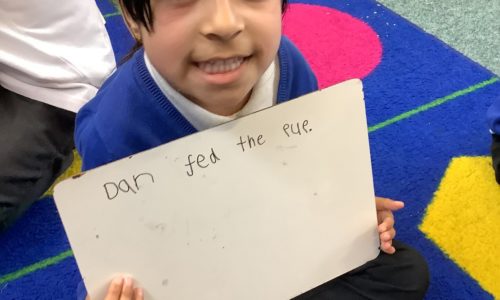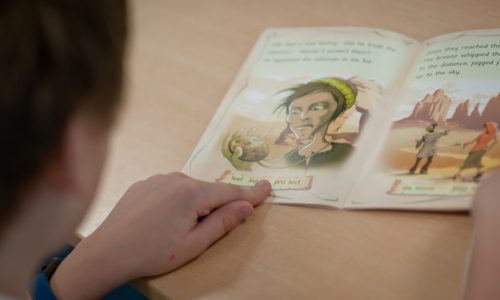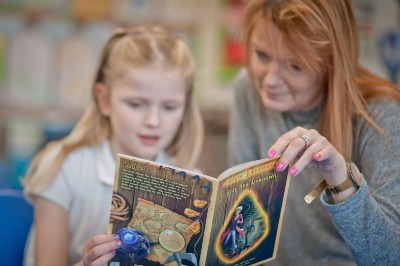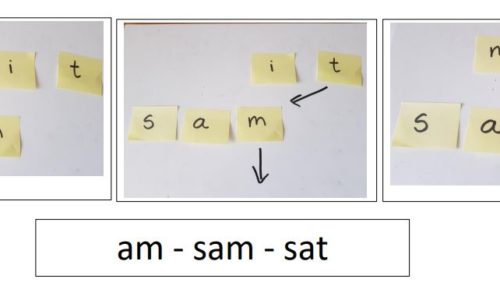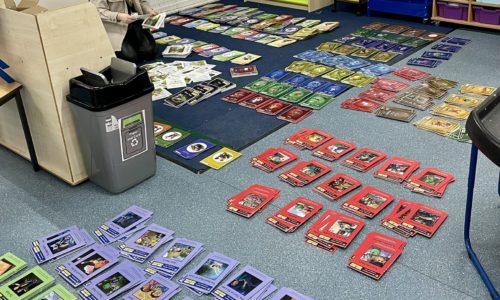
Many teachers are now using decodable books to help their beginner readers practice the phonics taught in classroom lessons. This is because it is now accepted that decodable texts, which are controlled texts, help children develop decoding, and decoding ability is an essential skill for learning to read. It is important that the books match […]
Read More

